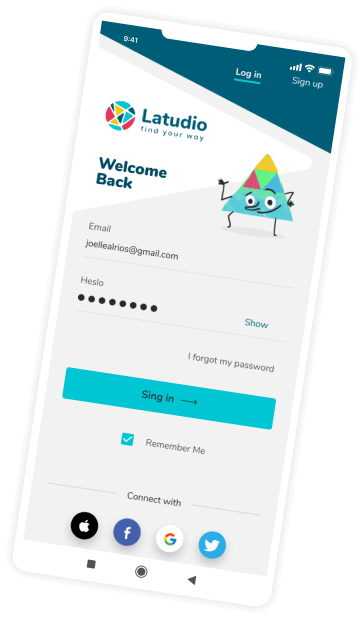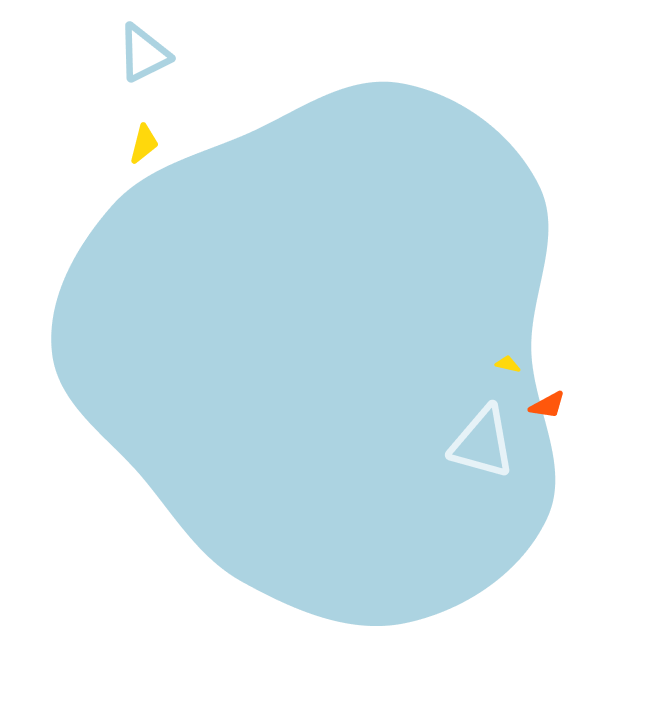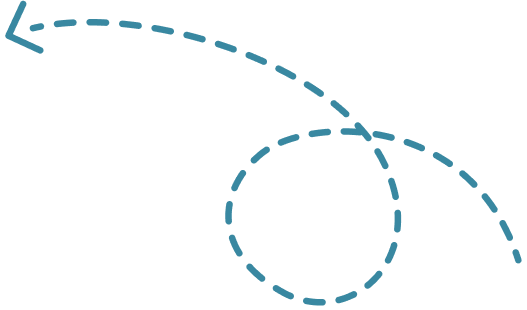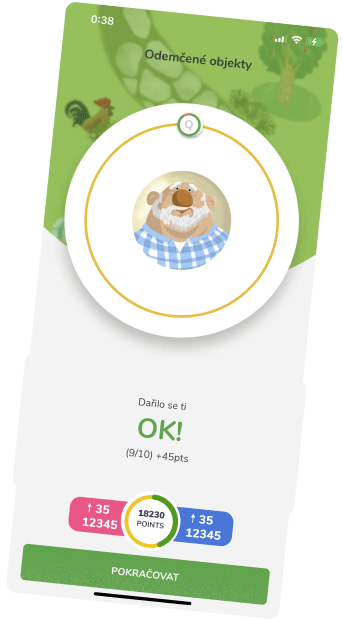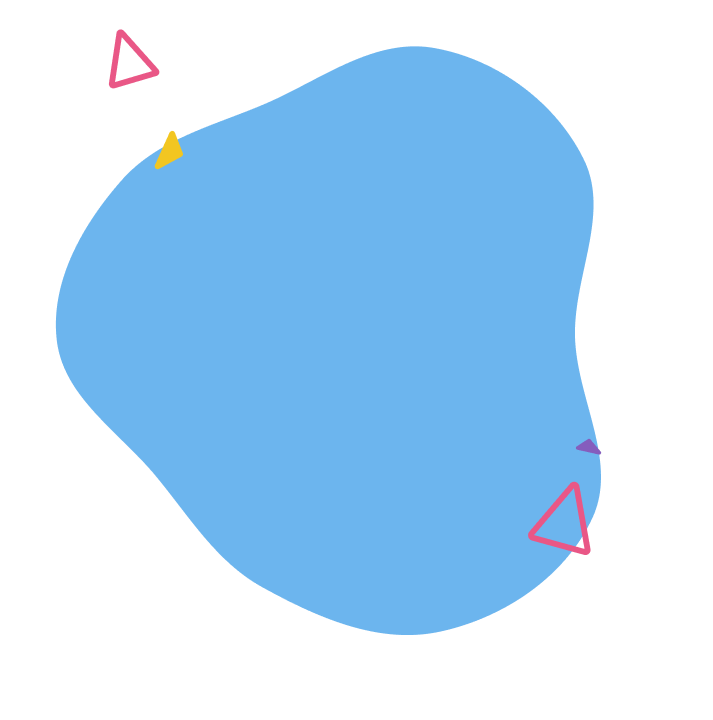6 Principles to Practice Smartly and (Acquire) Learn a Language
From Chapter 4 of the ebook “Breakthrough 5 Challenges with 3 Secret Strategies”
What is Smart Practice?
I went through a period where I kind of gave up trying to acquire the Czech language. I’ve also had Expat friends who told me they kind of gave up, too. I’m guessing that a lot of the students from my English conversation classes haven’t continued learning English either.
By the way, I’m purposefully using acquire instead of learn, because it’s a different mindset. You can read more about it in my previous article: “Language Acquisition and Language Learning.” It’s a game-changing difference to understand and consider to achieve your language goal.
One big reason why I, and probably a lot of others stop acquiring a language is because of not making enough progress. Smart practice is designed to work against that.
Learning (and acquiring) a language is an undeniably personal affair, and, as such, we ourselves are the primary monitors and motivators of our progress. Smart practice is when you’re making progress with the time you spend.
It is perhaps easier to understand smart practice by describing what it is not. It is not translating sentences repeatedly to and from your native language. It is not drilling grammar exercises beyond your ability level. It is not consulting a dictionary at the expense of considering the context.
To those who have studied a foreign language in a traditional classroom, drills are probably familiar. It is only natural when starting a language to default to these practices. But as you realize the limitations of inefficiencies and ineffectiveness to think like a native, you can resort to “hacking stuff together.”
It is possible to achieve a high proficiency level by “hacking stuff together”; it just takes a long time. You have the risk of getting tired of it and giving up. Smart practice, on the other hand, is designed to make time work for you rather than against you. It is based on the following principles:
Seek words in context. Even if you memorize vocabulary lists, you’ll still need to see words in context eventually if you want to use them correctly. Reducing or eliminating translation and memorization steps saves time.
Activate your interests. The more language you know, the easier it is to acquire even more. Leave the less interesting aspects for later, when you can leverage your higher language level and acquire them quicker (saving time).
Practice active listening. Listening is input, but it doesn’t have to be passive. You’ll get more out of listening hours if you engage with what you’re listening to, which is easier to do if you’re interested in or connected with the material.
Limit and fix mistakes. Mistakes are inevitable, but they should be a source of amusement rather than frustration. Make sure you’re getting authentic, quality input, and you’ll save time you would have spent fixing those mistakes.
Reduce your anxiety. There should be little to no anxiety for language acquisition to optimally proceed. (Krashen) As much as possible, reduce or remove those anxiety-producing factors.
Monitor your progress in smaller moments. No matter what your goal or aspiration is, language acquisition is a quest. Noticing smaller moments of improvement for smaller amounts of effort increases learning efficiency. It’s important to develop the endurance to sustain yourself over a longer period.
If you adapt the 6 principles listed above, you’ll find your frequent and sustained progress rewarding. Time is the purest form of currency. When you spend time on something, you are telling your brain, “this is important.”
The Brain Science Behind Practicing Smartly
One last thing about practicing smartly. Startup founder and motivational speaker Jason Shen touches on research supporting this in his article Why Practice Actually Makes Perfect:
In summary, in addition to the gray matter we’re familiar with, a significant portion of the brain is composed of so-called “white matter.” The key feature of white matter is that we can promote its growth through our own practice. Adults’ brains are not as “set in stone” as once believed.
The converse is also true, though. Shen writes:
“If we practice poorly and do not correct our mistakes, we will myelinate those axons, increasing the speed and strength of those signals – which does us no good.” (Shen)
In this case, myelinating axons means creating new neural pathways, akin to water carving a path through earth; the more water that flows over a given portion, the more likely the water is going to continue flowing there. And there is no need to wait; practice smart from the start.
The earlier you train yourself to be mindful of your time and practice smartly, the more time you have to reap the rewards. It’s important to keep this in mind by routinely asking yourself:
Are you being mindful of your time to practice smartly?
Bringing mindfulness to language acquisition is one of the best things you can do for yourself (if you are unfamiliar with mindfulness as a concept, you can consult the bibliography for additional resources we recommend).
Practicing smartly is the single most important thing you can do, no matter how you choose to acquire (and learn) a language.














